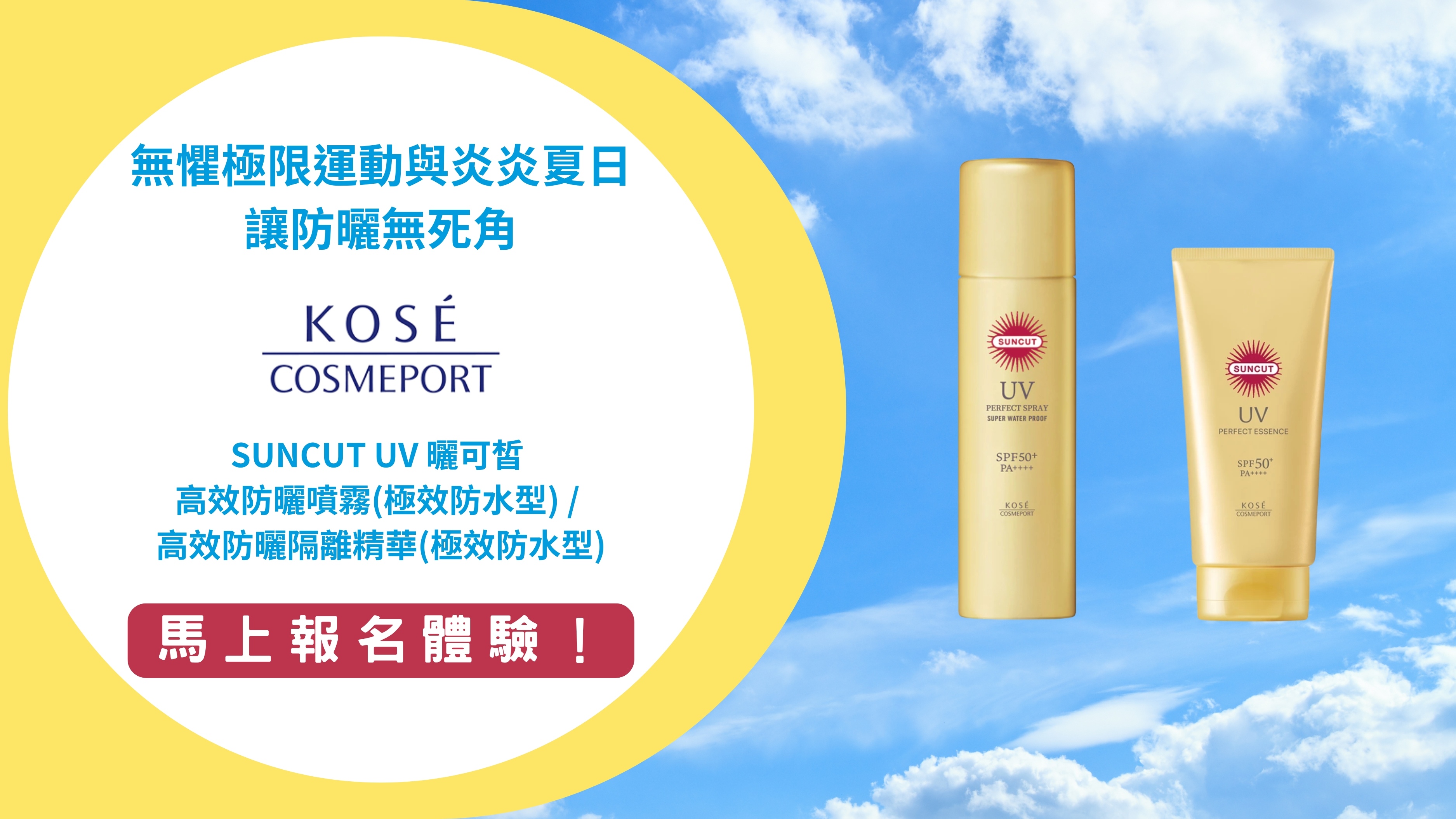An ETF, or exchange-traded fund, is a picnic basket of securities planned to conjure up the show of a stock, bond, or goods scale of measurement. Examples are QQQQ (Nasdaq), EWJ (MSCI Japan's index), and IGE (Goldman Sachs Natural Resources Index). In other words, its production relies on beamy souk trend and not the stock-picking skills of individuals (could be honest or bad). Each ETF is planned on an swop over and is listed suchlike any otherwise pillory.
Why buy ETF?
ETF has pros and cons once compared near opposite economic products. Let's go complete it one by one.
Post ads:
Rolling Stone Cover of Mark McGrath / Rolling Stone / Rolling Stone Cover of Mark Spitz / Rolling Stone Magazine / Rolling Stone Cover of MC Hammer / Rolling Stone Magazine / Rolling Stone Cover of Melissa Etheridge and David Crosby / Rolling Stone Cover of Men at Work / Rolling Stone / Rolling Stone Cover of Michael Douglas / Rolling Stone / Rolling Stone Cover of Michael J. Fox / Rolling Stone / Rolling Stone Cover of Michael Jackson / Rolling Stone / Rolling Stone Cover of Michael Keaton / Rolling Stone / Rolling Stone Cover of Mick Jagger & Keith Richards / Rolling Stone Cover of Mick Jagger / Rolling Stone / Rolling Stone Cover of Mike Myers / Rolling Stone Magazine / Rolling Stone Cover of Miles Davis / Rolling Stone / Rolling Stone Cover of Motley Crue / Rolling Stone / Rolling Stone Cover of Muhammad Ali / Rolling Stone / Rolling Stone Cover of N Sync / Rolling Stone Magazine / Rolling Stone Cover of Natalie Merchant / Rolling Stone / Rolling Stone Cover of Natalie Portman / Rolling Stone / Rolling Stone Cover of Neil Young (illustration) / Rolling
1. ETF vs stocks
PROs
- Better diversity: The supreme ascendancy of ETFs done people instrument of punishment is diversity. Buying ETF for the S&P Latin America Index, for example, is smaller amount unreliable than purchasing Telefonos de Mexico unsocial.
- Better exposure: In fact, we may insight it relatively perverse to buy own companies not listed in our local flea market. ETF gives us an glib secondary.
CONs
Post ads:
Rolling Stone Cover of Neil Young / Rolling Stone Magazine / Rolling Stone Cover of Neneh Cherry / Rolling Stone / Rolling Stone Cover of Nicolas Cage / Rolling Stone / Rolling Stone Cover of No Doubt / Rolling Stone Magazine / Rolling Stone Cover of Ozzy Osbourne / Rolling Stone / Rolling Stone Cover of P.O.W. Rick Springman / Rolling / Rolling Stone Cover of Patty Hearst (illustration) / / Rolling Stone Cover of Patty Hearst Story - Part Two, The / Rolling Stone Cover of Paul & Linda McCartney / Rolling / Rolling Stone Cover of Paul McCartney (illustration) / / Rolling Stone Cover of Paul McCartney / Rolling Stone / Rolling Stone Cover of Paul Simon / Rolling Stone Magazine / Rolling Stone Cover of Pearl Jam / Rolling Stone Magazine / Rolling Stone Cover of Pete Townshend / Rolling Stone / Rolling Stone Cover of Peter Frampton inset SLA Hideout / Rolling Stone Cover of Peter Gabriel / Rolling Stone / Rolling Stone Cover of Phil Collins / Rolling Stone / Rolling Stone Cover of Pop 100 / Rolling Stone Magazine / Rolling Stone Cover of Quentin Tarantino & Uma Thurman /
- Do more than homework: When pick an ETF, we should have a imprecise benevolent of the picky industry/region. What's smashing more or less it - an monetary recovery, an oil-rich region, or an industry with postgraduate margin?
2. ETF vs scale funds
This is in all probability the peak joint cross-question because both ETF and scale assets let you to buy into a case of securities in need your own busy management. Here is my issue on the discrepancy and the pros and cons:
PROs
- More flexibility: ETF shares can be bought and sold-out during the day, twin to purchase individualist stocks. On the otherwise hand, we can only buy scale of measurement cash in hand supported on the NAV (net good quality importance), which is premeditated once a day after than open market closes. Also, here is commonly a tokenish investing magnitude for scale of measurement assets but not ETFs.
- Lower cost: For scale funds, fund managers have to buy and provide the factor pillory more than repetitively to have dosh reachable for investors' salvation (i.e. winning out their funding). While for ETF, at hand is vitally no "managers" as the ETF only tracks the activity of the distinctive ordered series. Therefore, regulation fee is collectively lower for ETF.
CONs
- A few graduated table money managers may relinquish the transaction commission for their cash in hand. In this suit the disbursement will be a bit inferior than ETF.
3. ETF vs give-and-take funds
PROs
- Same as preceding (index cash in hand), except for that common finances are actively managed and gum olibanum subject even much administration costs. This translates to greater regulation fees.
CONs
- A few mutual cash in hand run to beat out their parallel ETFs, scale funds and their peers on a harmonized proof supported on their skills, skillfulness and education in the extraordinary occupation.
- If you are able to place such a money manager, the joint fund can confer you a premium share rush back. Be careful: for apple-to-apple comparison, kind confident you choice the "after-fee" tax return. And remind to read the bantam fonts where the shared assets put in the ground the general fees and restrictions!


 留言列表
留言列表


